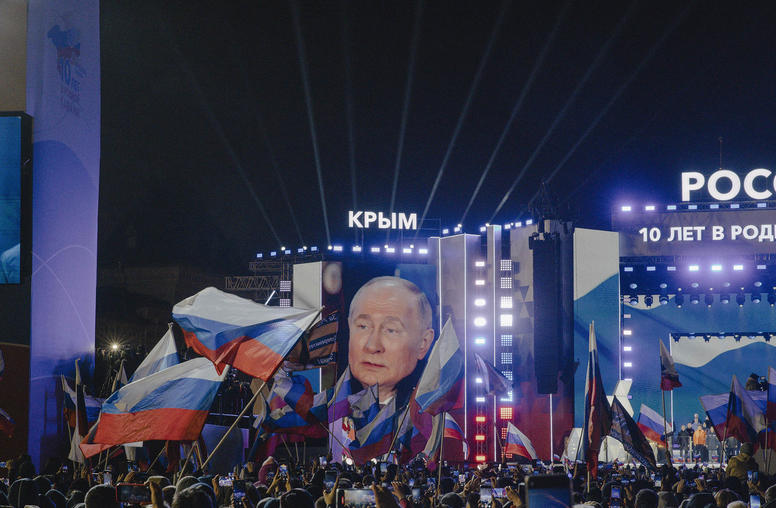Russia’s War in Donbas: Ripe for a Resolution?
More than six years after Russia’s illegal annexation of Crimea and invasion of eastern Ukraine, there is little evident movement toward a peaceful resolution of the conflict. The implementation of a package of measures dubbed the “Minsk II” process—which calls for a cease-fire, troop withdrawal, the return of border control to Kyiv, and local elections—is bogged down. Both Ukraine and the international community are looking for new solutions that would bring about a long-awaited peace.
English
Ukrainian
On October 16, USIP and prominent experts and policymakers held a discussion on possible solutions for resolving the ongoing conflict. The event looked at the current status of peace negotiations, as well as what a settlement might look like, the war’s political and social consequences and how COVID-19 has exacerbated its effects, and how regional dynamics—including instability in neighboring Belarus—have the potential to influence Ukraine's security situation.
Continue the conversation on social media with #UkraineUSIP.
Speakers
Ambassador William B. Taylor, welcoming remarks
Vice President, Office of Strategic Stability and Security, U.S. Institute of Peace
George Kent
Deputy Assistant Secretary, European and Eurasian Bureau, U.S. State Department (to be confirmed)
Orysia Lutsevych
Research Fellow and Manager, Ukraine Forum, Chatham House
Oleksii Reznikov
Deputy Prime Minister of Ukraine, Cabinet of Ministers of Ukraine
Ambassador Volodymyr Yelchenko
Ambassador, Embassy of Ukraine to the United States
Donald Jensen, moderator
Director, Office of Strategic Stability and Security, U.S. Institute of Peace


